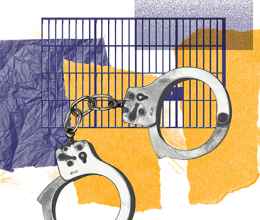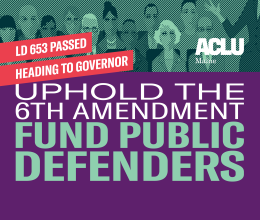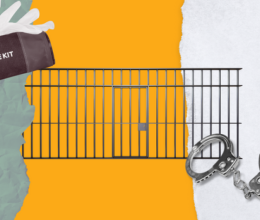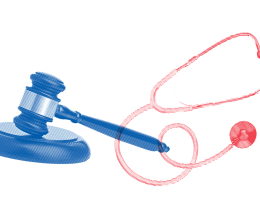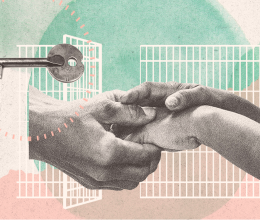Our partner profiles highlight the broad range of individuals and organizations we work with to advance and protect the rights of all people in Maine.
I meet with Representative Sara Gideon at Bard Coffee to discuss the success of LD1686, the bill - now law - that expands the availability of a drug called Naloxone, an “opioid antagonist” that counters the effects of opioid overdose.
Naloxone combats overdose by blocking opioid receptors in the drug user’s brain, and is administered as nasal spray or in the same manner as an Epi-Pen. It triggers an immediate withdrawal. “It’s as simple as this,” Gideon leans in to explain. “Heroin drug use has become an epidemic and people are dying because of it. If we have the means to save even one person's life, we should be using it.”
Naloxone hydrochloride, known by its trademark as Narcan, is classified as a prescription medication in the United States. However, while it is legal to prescribe naloxone in every state, dispensing the drug by medical professionals is subject to rules that vary by jurisdiction. Prior to LD1686, in Maine naloxone could be only prescribed to people with drug addiction themselves.
Gideon admits that she did not know much about this drug until a friend emailed her last summer with an issue that he wanted to talk to her about. The friend’s father, Jack Fishman, helped develop naloxone in the 1960s. Tragically, though the drug existed, it was not available to the friend’s step-brother, who died of an overdose.
Moved by this heartbreaking story and its seemingly avoidable conclusion, Gideon began researching heroin use in Maine. She found that it was an issue not only in Maine’s cities and towns, but also in rural areas. She discovered that in Maine, death by drug overdose is more common than a car accident. Heroin use and overdoses are on the rise, too, in part because prescription opiates such as oxycodone have been largely shut out of the black market. Legislators, recovering addicts, parents of children who overdosed, and organizations involved in drug policy reform in Maine came to Gideon with their stories to use as testimony in support of LD1686.
Now, with LD1686 as law, naloxone is available to first responders and family members of people at risk of overdosing.
I ask Gideon what can be done to further improve access to naloxone. She responds that she would like to go further with the Good Samaritan Act. This act would provide legal immunity for persons calling 911 to report a drug overdose – thus eliminating fear of prosecution, which may deter that person from seeking medical assistance. She also believes that we have to attack drug use in Maine with education and prevention as well as drug addiction treatment.
Read more about the ACLU's work to treat drug use as the public health concern that it is, rather than a criminal justice matter, here.


